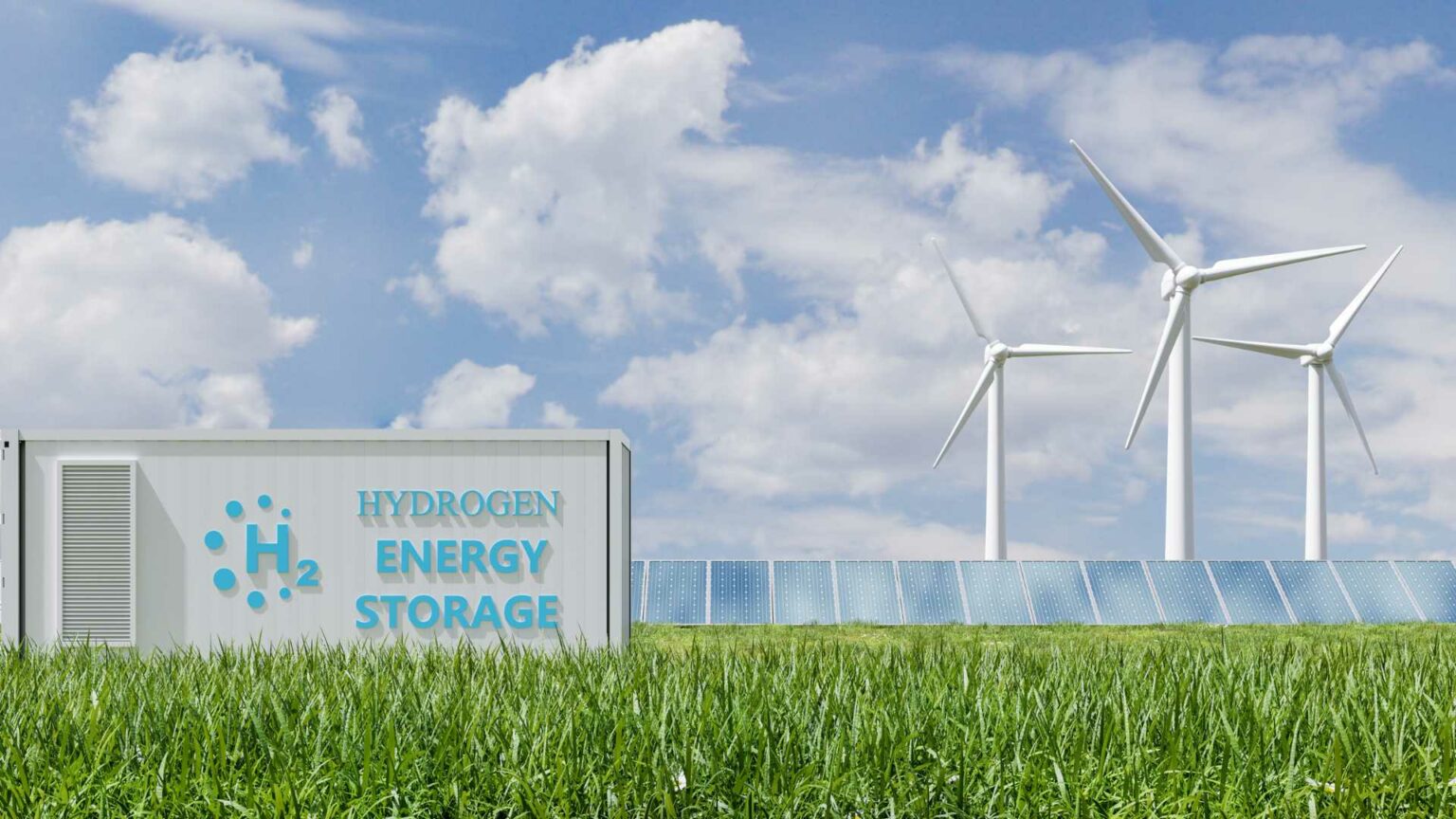The intricate dynamics between hydrogen energy storage systems (HESS) and power electronic converters (PEC) have been brought into sharper focus by a recent study detailing a new control approach for DC-DC converters.
Highlighting the urgency of delivering sustainable energy solutions, this research paper, published in the Journal of Energy Storage, ventures beyond traditional methodologies by proposing a multiport-isolated DC-DC converter. The system in question emphasizes enhanced power density and reduced conversion stages—a pivotal advancement in the context of HESS applications.
Despite the power flexibility introduced by the multiwinding transformer in these converters, cross-coupling effects pose significant control challenges. These effects can trigger large power deviations, destabilizing the system with abrupt changes across the ports. Addressing this, a novel model reference-based decoupling control technique is introduced, aiming to minimize the discrepancy between real plant output and an ideal model designed to negate these cross-couplings.
This control strategy, which integrates a decoupling matrix, not only improves robustness but extends the decoupling effectiveness across a broader operating range. Central to this approach is the proportional-derivative controller—mathematically driven to secure optimal control performance. The crux of the research lies in its demonstration of achieving power deviation within a margin of less than 3%, a considerable improvement over the conventional inverse decoupling matrix approach known to incur higher deviations under identical settings.
Extensive MATLAB/SIMULINK simulations, amalgamated with trials on a 380 W hardware prototype, corroborate the functionality and superiority of this hybrid decoupling controller. This validation emphasizes the controller’s capability to substantially enhance system resilience against cross-coupling disturbances, thereby ensuring more stable HESS operations.
Crucially, this research provides a critical re-evaluation of the conventional decoupling strategies in PECs. The findings encourage a shift towards hybrid and model-based techniques as necessary adaptations to cope with increasingly complex energy systems’ demands. As the energy sector continues to grapple with transitioning to cleaner, efficient systems, these insights offer a pragmatic framework for evolution within hydrogen storage interfaces.
Stay updated on the latest in energy! Follow us on LinkedIn, Facebook, and X for real-time news and insights. Don’t miss out on exclusive interviews and webinars—subscribe to our YouTube channel today! Join our community and be part of the conversation shaping the future of energy.
